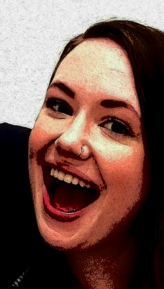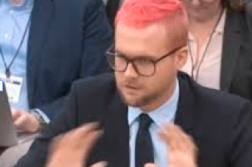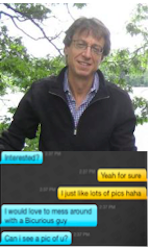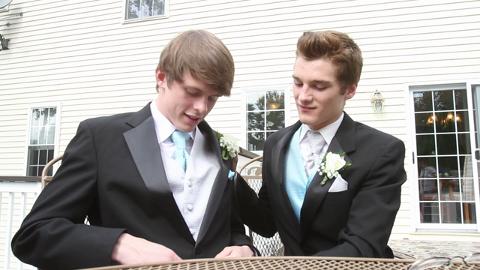SOCIAL MEDIA have had an enormous impact on society since the internet and smartphones became widely used technological accessories. These media platforms have revolutionized marketing in almost every industry, changing how people interact and learn about each other. Social media apps like Facebook, Instagram, and Twitter have been downloaded by millions of users, and although they’re largely used for entertainment, they’ve also been used to bring people together and to help spread information. But, of course, they also have the to spread disinformation and to tear people apart.
On the positive side of the equation, one thing the social media can do well is connect people. Families who haven’t had the opportunity to see each other in decades have been able to connect via Facebook, et al., where they can share photos, videos, messages, and calls. Although this was a huge benefit for families around the world, sites like Facebook and Instagram have also helped members of the LGBT community[1]connect with people they’ve met at events, or even just online.
This can help individuals who may feel vulnerable, alone, or isolated to have a sense of community. Many social media circles are considered safe spaces where LGBT people can share their stories and feelings without fear of judgment. This allows social media to be a safe haven for the many people around the world who face discrimination and harassment in their daily lives. According to Duquesne University[2], “Researchers found the lesbian, gay, bisexual, transgender (LGBT) community runs into obstacles when trying to access healthcare due to gaps in coverage, social stigmas, and discrimination, among others.”
When people have to worry about discrimination in their daily lives, it can prevent them from receiving the physical and emotional care they need to thrive. However, when LGBT members have social and emotional support, they can regain their confidence. In fact, some individuals are only out as LGBT in online circles[3]where they can remain anonymous behind a fake name and avatar. Being out online provides them a space where they can feel like themselves, even if they aren’t yet out to friends and family.
For all these benefits, social media platforms carry a number of negative possibilities, especially in the current socio-political climate. One challenge is the way in which the social media platforms themselves can silence LGBT voices[4]for content that they deem inappropriate. For example LGBT people make posts that use reclaimed terms to describe themselves and their community. In 2017, Greta Christina was temporarily banned for posting a picture with her wife at San Francisco’s Dyke March.[5]“Dyke” has often been used as a slur, but is a reclaimed word — even according to the Supreme Court.[6]Yet, it resulted in a ban from Facebook as “hate speech.” The same year, Eric Rosswood could not use “gay” in the name of his profile frame[7]when trying to promote his guidebook for gay fathers. He could not use the title, The Ultimate Guide for Gay Dads, in the name of the frame — it was automatically rejected.
The lack of trained moderators often only have a few seconds to determine whether a post is truly violating community guidelines, and they often don’t give the posts enough attention to make the right call. Facebook, as of December 2018, has about 15,000 moderators.[8]However, many are outsourced to other countries, rely on Google Translate to read posts, and, as they come from other cultures, simply don’t understand English idioms. They have documents, slideshows, and spreadsheets composing about 1,400 pages of rules and guidelines that they have to instantly recall in order to make a snap judgment on whether a post contains hate speech or not. While the official guidelines are supposed to differentiate between hate speech and reclaimed speech[9], it may simply not be possible to do so for moderators who do not understand the context of the post.
On balance, social media play an important role in uniting LGBT community members and allowing them to organize community advocacy across the states, and the world, to further their impact. By providing a platform for people all over the world to connect into, social media is fulfilling much of its potential as a tool for advocacy and information sharing. This helps people from around the world stand together and demand justice when an unethical act occurs to a specific individual.[10]
Social media not only help the LGBT people to feel a sense of normality; it also helps to normalize this community to outsiders who may not have much exposure to LGBT people in their day-to-day lives. Platforms like Facebook, Instagram, and Twitter help unite communities and encourage groups to take action by helping them feel empowered and strong together. The negative aspects of social media are still there, to be sure, but the socio-political climate of the U.S. is becoming more progressive on LGBT issues in this Internet age, which suggests that the positive effects of social media are edging out the negative ones.
 Frankie Wallace is a writer from Boise, Idaho who contributes to a wide variety of blogs online.
Frankie Wallace is a writer from Boise, Idaho who contributes to a wide variety of blogs online.






